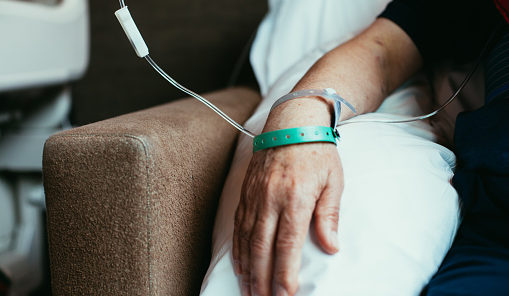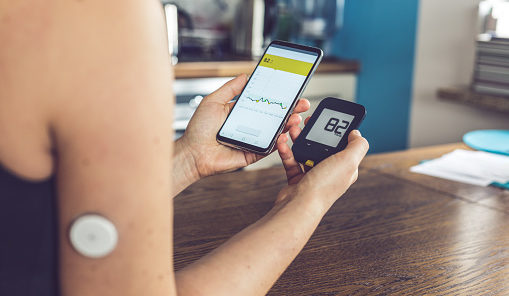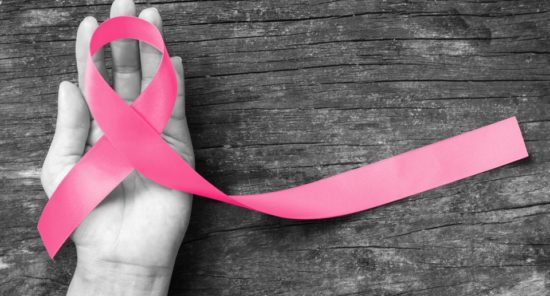Caregivers for pediatric patients with cancer may not be able to report patients’ symptoms as accurately as the children themselves, according to a study.
“Adult patients are considered the best reporters of their own health-related quality of life (HRQOL). Self-report in pediatrics has been challenged by a limited array of valid measures. Caregiver report is therefore often used as a proxy for child report,” the researchers explained.
They therefore sought to assess similarities—or differences—between the child and caregiver proxy report for Patient-Reported Outcomes Measurement Information System (PROMIS) HRQOL domains, as well as possible predictors of child and caregiver-proxy congruence.
The study spanned nine pediatric oncology hospitals. Children diagnosed with cancer for the first time and their caregivers filled out a survey twice, first within 72 hours before starting treatment (T1), and then during follow-up (T2). Of 580 children aged 7 to 18 years and their caregivers who were asked to take the survey, 482 pairs completed the surveys at T1, and 403 at T2.
Among the 482 children, 262 (54%) were male (mean [SD] age, 12.9 [3.4] years), 80 (17%) were Black, and 71 (15%) were Hispanic.
The child self-report for mobility was in moderate agreement with the caregiver proxy report (0.57; 95% confidence interval [CI], 0.50–0.63), although children reported higher mobility than caregivers. However, child-caregiver agreement was poor when reporting symptoms (range, 0.32 [95% CI, 0.24–0.41] for fatigue to 0.42 [95% CI, 0.34–0.50] for psychological stress).
When analyzing the T2 data and adjusting for child and parent sociodemographic factors and the caregiver’s self-reported HRQOL, the difference between child versus caregiver reporting of mobility was significantly different, with caregivers reporting mobility 6 points worse than children (95% CI, –7.45 to –4.51).
Caregivers reported a higher symptom burden than the children, with a range from 5.79 (95% CI, 3.99–7.60) points for psychological distress to 13.69 (95% CI, 11.60–15.78) points for fatigue.
With the exception of mobility, a correlation was observed between the caregiver’s HRQOL and the significance of the difference between the child’s self-reported scores and the caregiver’s scores: “for example, for fatigue, the magnitude of difference between child and caregiver-proxy scores increased by 0.21 (95% CI, 0.13-0.30) points for each 1-point increase in the caregiver’s own fatigue score,” the researchers explained.
The study was published in JAMA Pediatrics.
In their conclusion the researchers recommended that “elicitation of the child’s own report should be pursued whenever possible.”
Credit: Original article published here.










